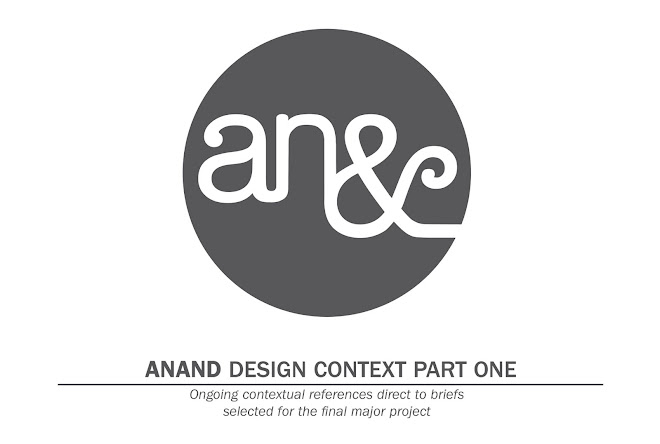PUBLISHED ON Sep.19.2007 BY Armin
Armin Vit: Your work thrives in its intense merging of typography, lettering and illustration. How did you arrive at this approach?
Alex Trochut: I guess it’s because I love type, and I also love illustration, so the work is just a reflection of this double and equal love. I like to feel close to graphic design but in an expressive way of seeing it — so doing expressive typography is where I find my place, and can still feel like a graphic designer.
Also, an important fact, is that I’m the grandson of Joan Trochut, a typographer and creator of the SuperTipo Veloz — a modular typographic and ornament system built in the 40s. [More on this below]. I believe that’s a big reason why I have always been attached to typography — I guess it’s in the blood — although I never met him, as he died before I was born, no one in my family followed his steps in graphic design, and I didn’t know much about type design until I got into design School. But once I started my graphic design studies I began to feel attracted to letters, and the way you can draw and contain precision and proportion in “abstract” shapes. Many teachers influenced my outlook, showing me the work of my grandfather, so I guess I was very attracted by the fact that I could share his same profession.
AT: When I look for a display type I like to see in it some kind of density, and a solid and connected structure from letter to letter. I really love all kind of 70s display fonts, I think that period was very free and complex in the creation of type. Once I have chosen the typeface, I type the text I need to design and try to look for relationships between the letters that compose it, and work again of this sense of denseness in the text block. I think this is the only thing that probably repeats in the choosing process, the rest is always changing, the way you add personality to the text, always balancing between being expressive and crazy and readable, form and content, is always changing, and trying to adapt as much as you can to visualize the content of the text through the visual level, and not only the meaning of the text itself.
AV: “More is more.” That’s something you don’t hear a lot these days, yet that is your philosophy. It would be easy for your work to fill inundated with visuals, but it feels very restrained and considered in that every element seems like it belongs there. How do you balance the desire for “more” without it becoming overwhelming?
AT: I have a terrible “horror vacui” tendency when I work, and I like it, but sometimes, I like when you find in a work evidences of many hours of detailed work behind it, but I also like control in the work, to see that the shapes keep some harmony between them and that there is not so much randomness, or elements that are there just to fill the space by chance. I always need to let my work rest for at least one night, and I look at it again in the morning and try to find the right place to everything — which usually means taking stuff out and not adding more elements.
So I believe in more is more, and, yes, I believe in control and consideration too.

No comments:
Post a Comment